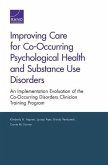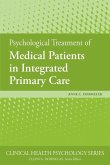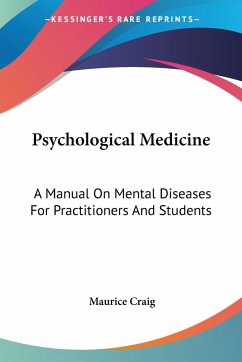Sufferers of Temporomandibular Disorders (TMDs), including TMJ syndrome, confront not only pain and jaw dysfunction, but also a complex and lengthy recovery process that may not result in total resolution of symptoms. In Principles of Psychological Treatment: Bruxism & Temporomandibular Disorders, a summary of the therapeutic issues and targets for effective psychosocial assessment and intervention in adults is presented. A description of the current professional dental guidelines regarding the role of psychosocial care for TMDs is provided, as well as a review of how clinical guidelines are developed and their value in guiding health-related decision-making. This guide is well-suited for health care practitioners, including physicians, nurses, physiotherapists, dentists, psychologists, mental health clinicians, as well as TMD sufferers and their families who seek to be informed about their care options. This fourth edition of the book includes additional information about the components of behavioral therapies (known as "habit reversal") and their efficacy in this condition.







